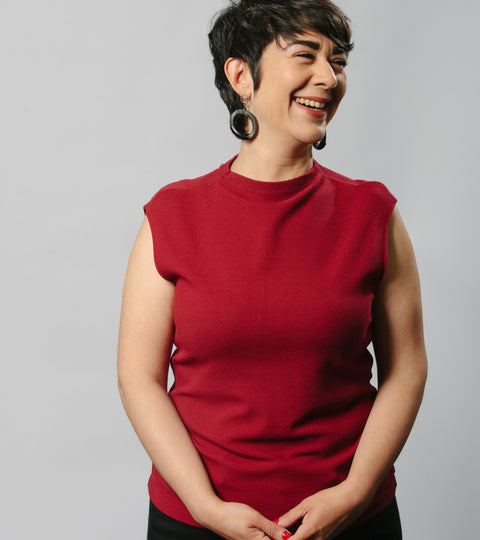In a Journey to Claim My Ageing Story
In a Journey to Claim My Ageing Story
What I am sharing now might be new to those close to me. I have an issue with ageing, especially in my 4th decade of life. It took me a year to acknowledge that this would come with a package. Yes, I look younger (based on what I have been told), and because of how my brain works and my emotional development, I feel 10 years younger by heart. Saying all this does not mean my skin did not start losing its firmness and volume or my eye bags became more visible in the evening. Or even some hormonal changes due to perimenopause have yet to begin. But this is only one part of the story. Even in my early twenties, I was scared of cognitive decline by ageing rather than anything else.
What is a cognitive decline?
Cognitive decline refers to a gradual decrease in cognitive function, which is the mental process that helps us to think, learn, and remember. Cognitive function is an essential part of overall health. It can be affected by various factors, including ageing, illness, and lifestyle.
I remember I was on a plane returning from my first trip abroad in my early twenties. A casual conversation formed with the passenger next to me, and he asked me what the most important thing I want to achieve professionally when I get old is. It was not a question I had expected or even thought about. But after a few minutes, I heard myself say, it does not matter much what I do, but I do not want to be cognitively declined.
I had no idea of strategy in my early twenties - even not before a year ago. After a year of turning my passion for business and doing my first business course with Lisa Johnson, I realised everything is about having a strategy. Even coping with ageing issues and fear of being cognitively declined.
Maybe we need strategy for healthy ageing?
As we age, it is normal for some degree of cognitive decline to occur.
Symptoms of cognitive decline can include memory loss, difficulty with language, difficulty with abstract thinking, disorientation, and difficulty with problem-solving.
Scientific evidence suggests that engaging in activities that challenge the brain, such as learning new skills or trying new things, can benefit cognitive function. Other research has shown that mentally stimulating activities are associated with better thinking skills in later life, including Dr Alan Gow's works.
Engaging in mentally stimulating activities and lifestyle can help to delay the onset of age-related cognitive decline and may even improve brain function in older adults.
In addition, research has suggested that learning new skills can stimulate the growth of new brain cells and connections, a process known as neuroplasticity. This can improve cognitive function and may even protect against age-related cognitive decline.
Overall, scientific evidence suggests that engaging in mentally stimulating activities can help to maintain and improve cognitive function over time.
Watching other creative 60+ women in business changed my mindset.
One of the techniques I learnt from that business course, which helped me with my ageing mindset, was to look at other people you can resonate with and do the same thing. One of the most significant achievements of setting up my small business is the online community of other female entrepreneurs I created.
I feel lucky to get to know two inspiring female entrepreneurs who both retrained themselves in a new field and started something new after their 6th decade of life. Anne Gould, a journalist and writer who retrained herself as a video journalist, helps business owners grow their businesses and be seen on TikTok. Gaye is my other role model in my online business community. She retrained her 6th decade from a Sorbonne graduate and an MBA holder to become a holistic infant sleep coach.
Two of my favourite things learning new skills and trying new things
Learning new skills can have numerous benefits for the brain. It helps keep the brain active and engaged, which helps to prevent cognitive decline. It can also stimulate the production of new brain cells and connections, improving cognitive function.
In addition, learning new skills can increase self-confidence and self-esteem and provide a sense of accomplishment and purpose. This can be especially beneficial as we age, as it can help to maintain a positive outlook and a sense of control over our lives.
Some new skills that can benefit the brain include learning a new language, taking up a musical instrument, or trying a new form of exercise or art. These activities can all challenge the brain in different ways and help keep it active and engaged.
Some ideas for embracing and enjoying ageing
- Focus on maintaining good physical and mental health: This can involve exercising regularly, eating a healthy diet, getting enough sleep, and finding ways to manage stress.
- Being around inspirational people, those who never stop learning and creating.
- Stay engaged and active, and continue to learn and grow.
- Practice self-care: This can involve setting aside time for relaxation and pampering, getting regular check-ups and screenings, and taking steps to protect and preserve one's physical and emotional well-being.
- Seek out support: This can involve joining a support group and a community that works for you.
Embracing my whole self, with all aspects, even the uncomfortable ones, is a journey and daily practice for me. How about you?


